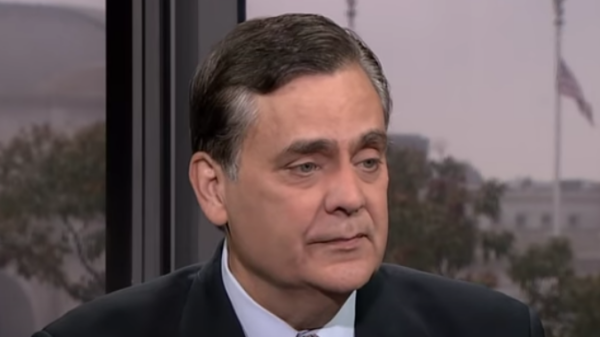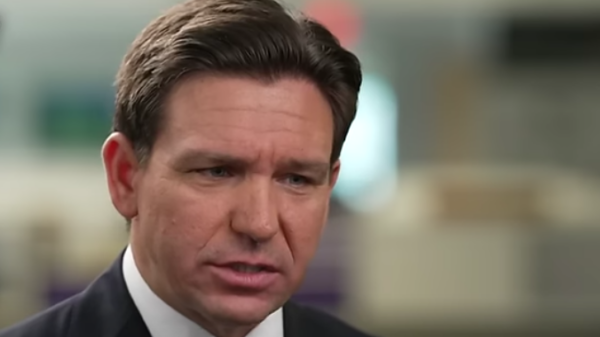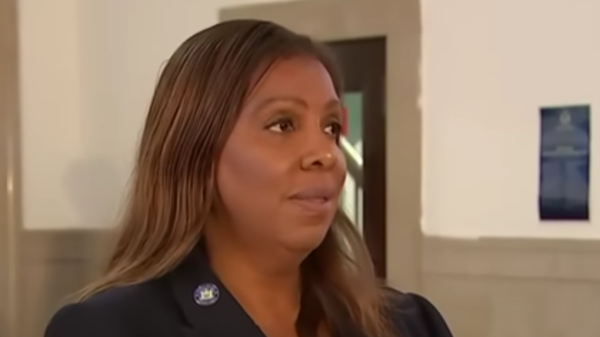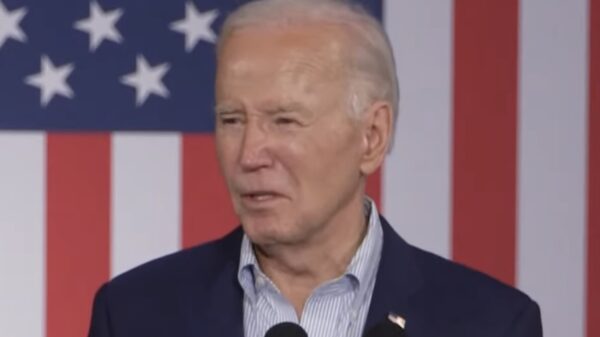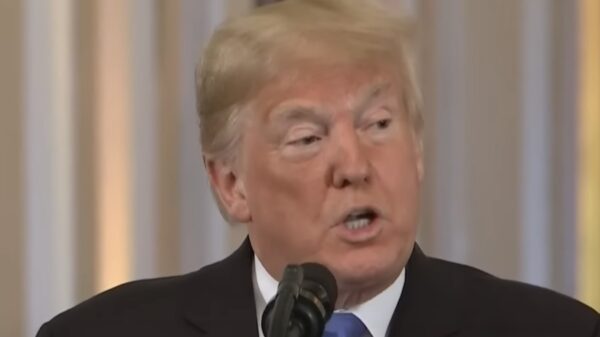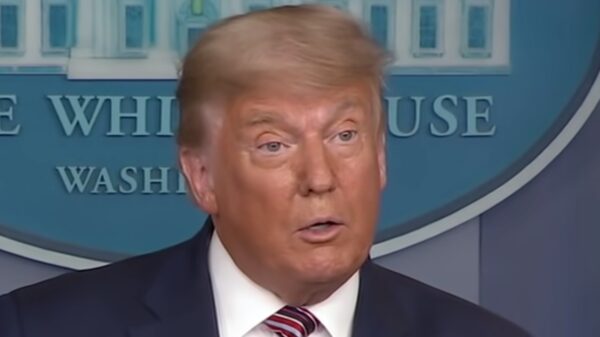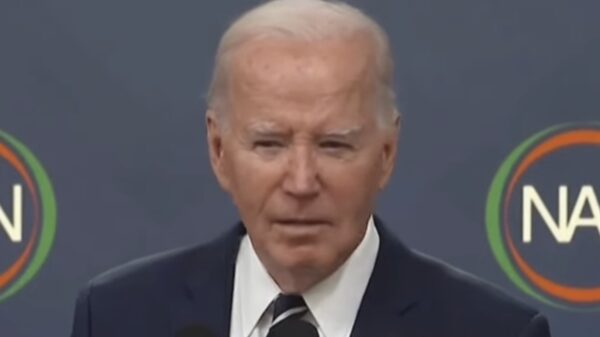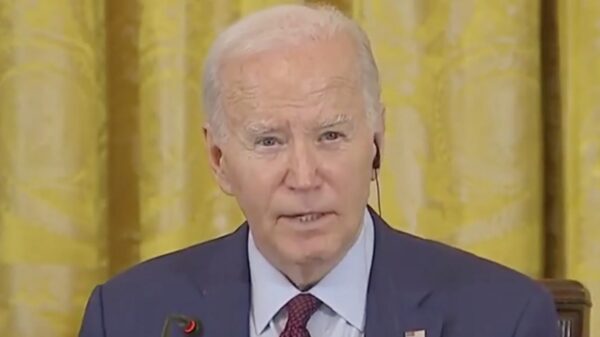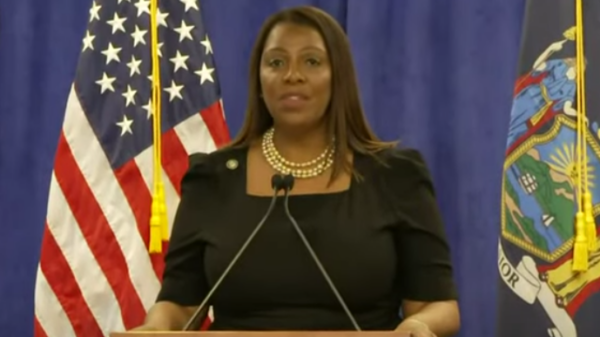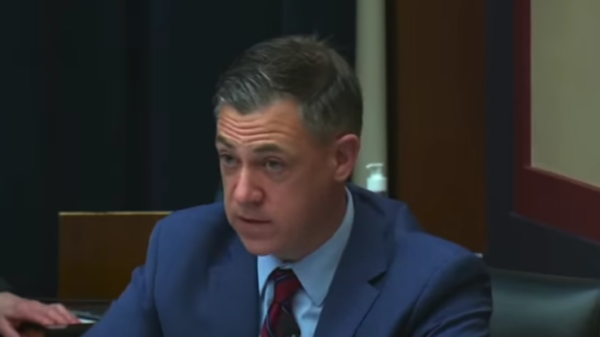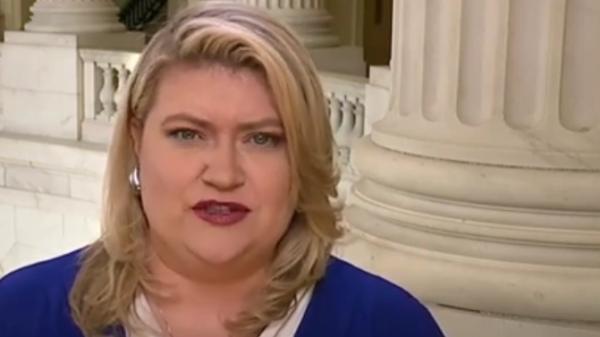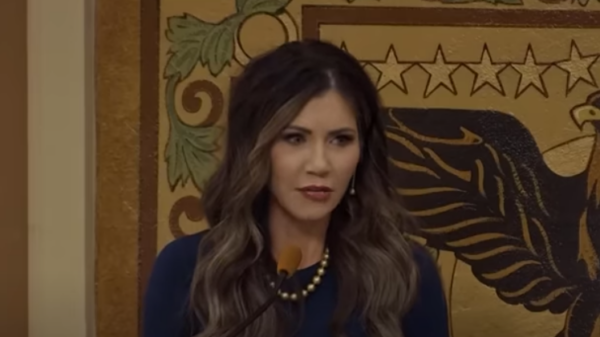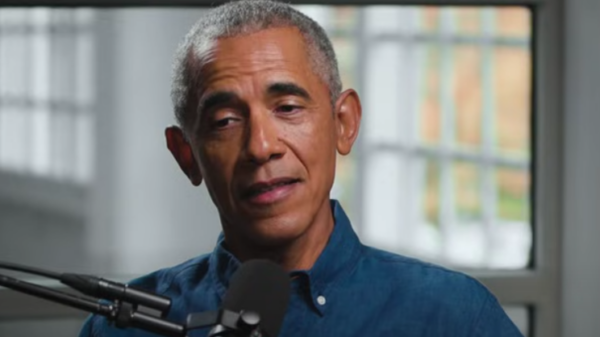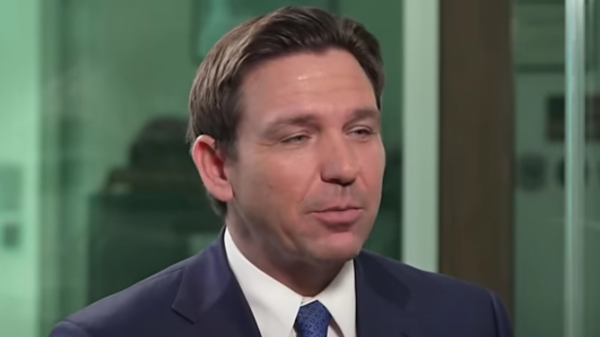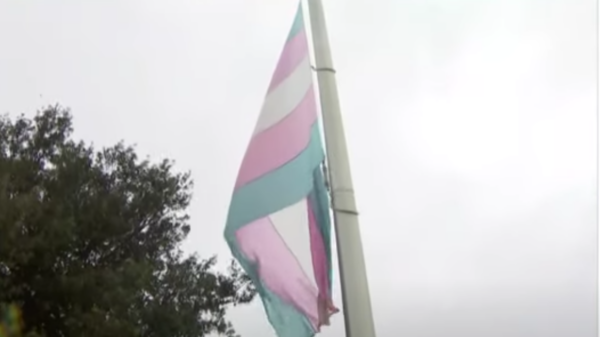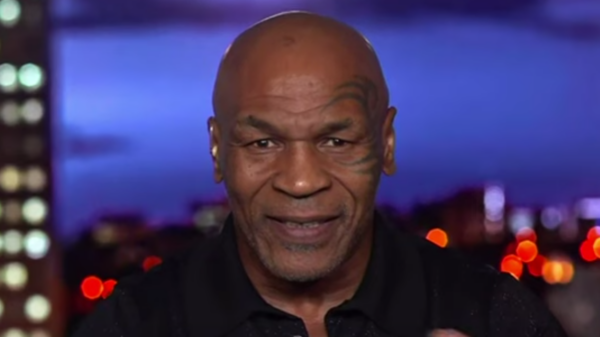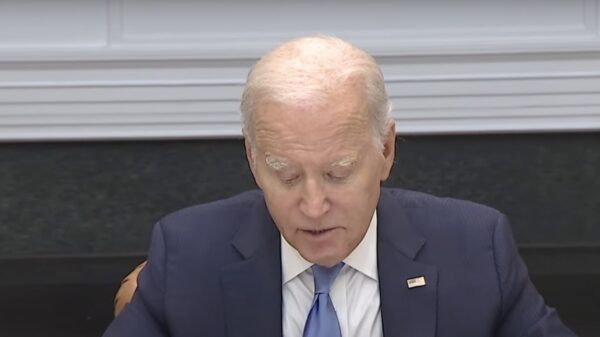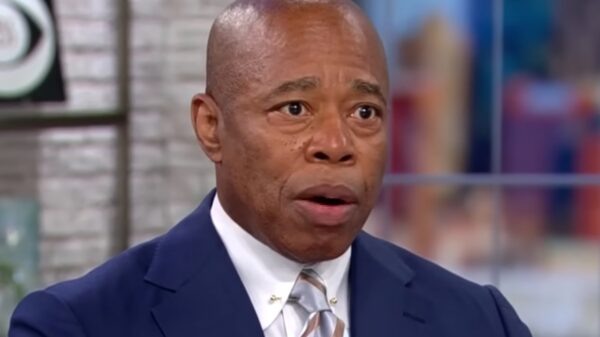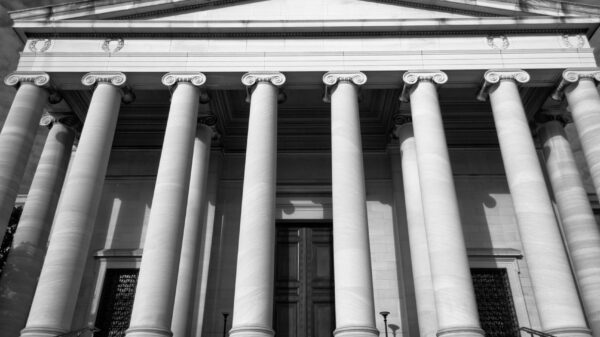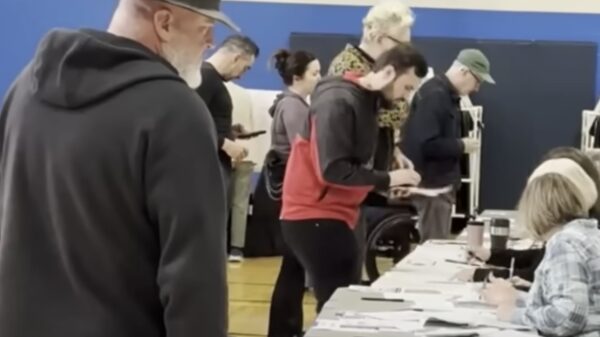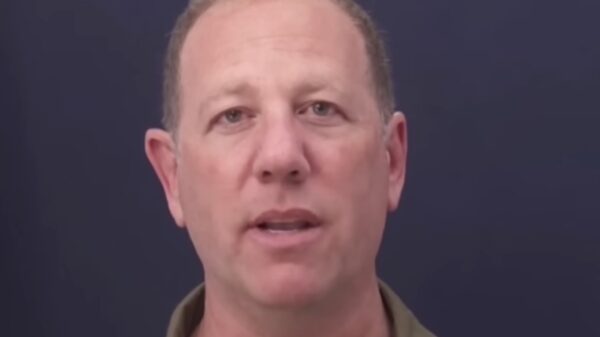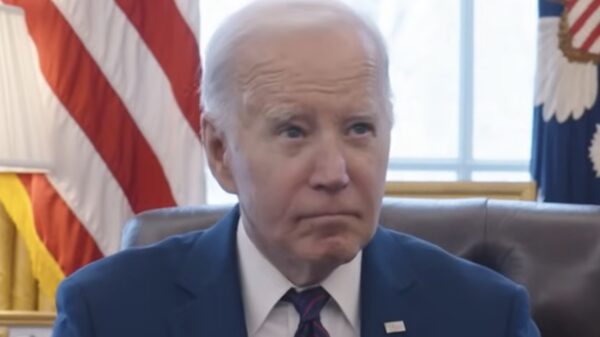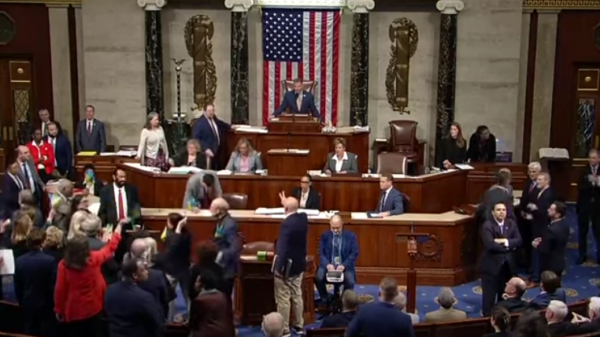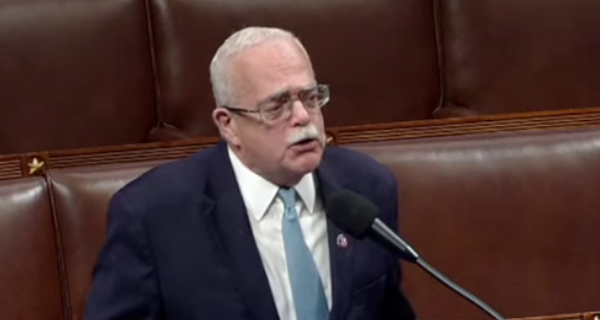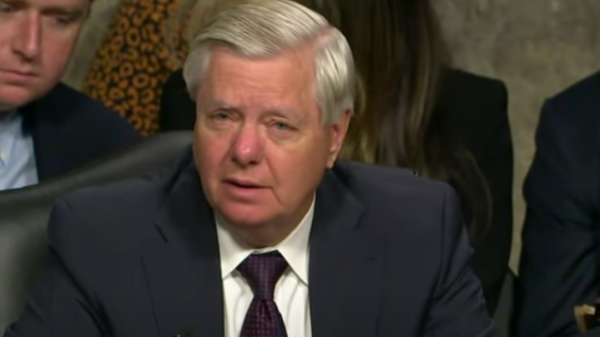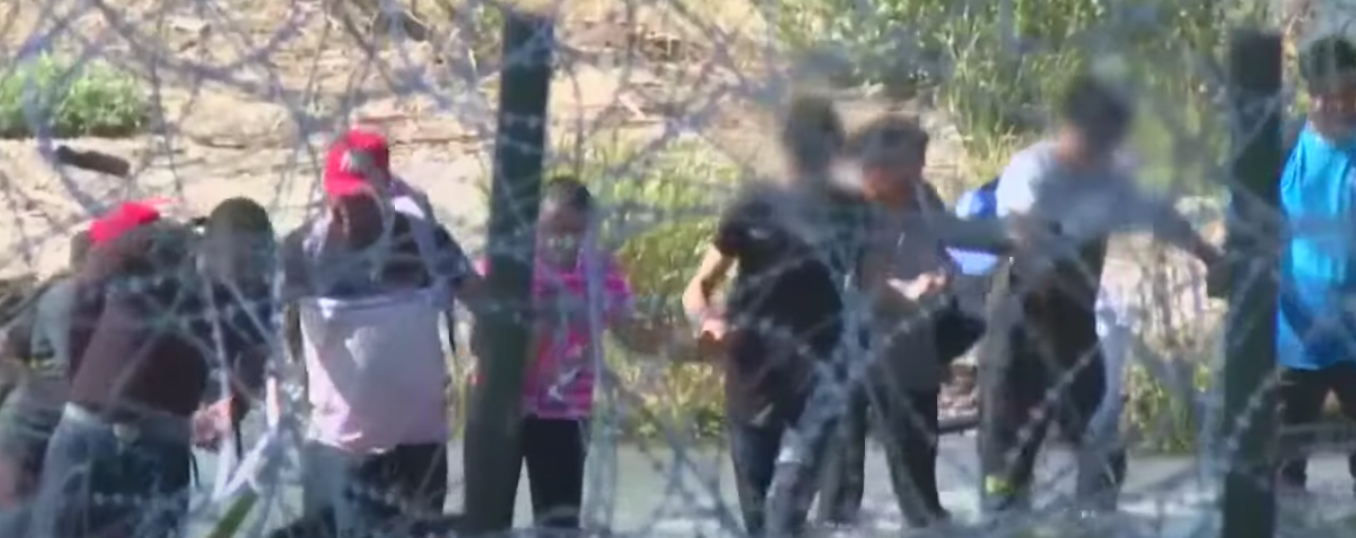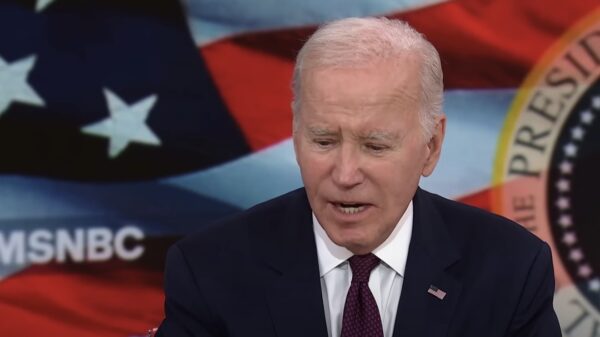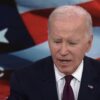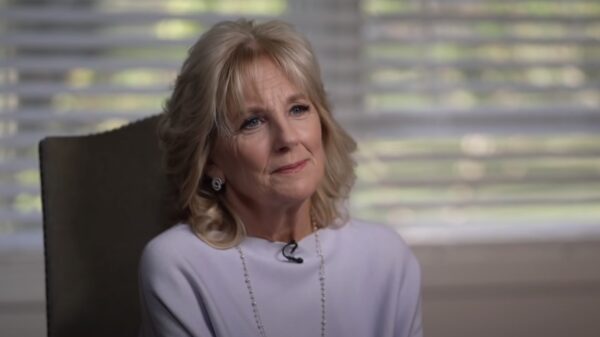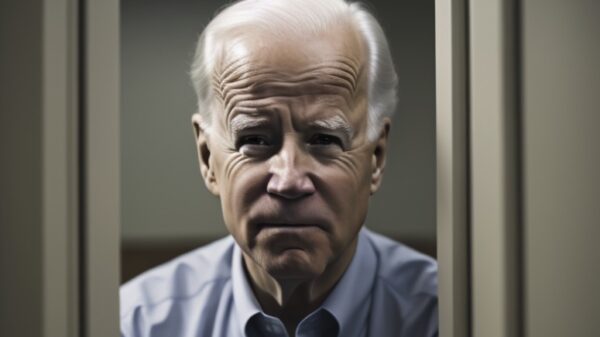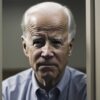U.S. Supreme Court issued a landmark decision on Texas’s SB4 Immigration Law, which has far-reaching implications. The recent decision by the U.S. Supreme Court to allow Texas to enforce its SB4 immigration law has reverberated across the legal and political landscape, signaling a pivotal moment in the ongoing discourse surrounding state-federal dynamics and immigration policy.
The law allows state and local law enforcement to arrest and prosecute undocumented immigrants for illegally entering the state. It has been blocked and unblocked by different courts as its constitutionality is debated.
At the heart of the controversy lies SB4’s provision, which criminalizes the act of crossing the border illegally, thereby empowering Texas law enforcement to detain individuals suspected of illegal entry and enabling state judges to issue orders for their return to the country from which they entered unlawfully. The law’s alignment with federal immigration laws and its purported role in addressing issues such as human trafficking and drug cartel influence have been central to the state’s defense of SB4.
The Supreme Court’s decision to deny emergency motions seeking to block SB4’s enforcement has been met with both support and intense scrutiny. Justice Amy Coney Barrett, in a concurring opinion, underscored the temporary nature of the stay issued by the lower court, contending that the Supreme Court’s intervention at this stage was unwarranted. This perspective, echoed in subsequent opinions, has highlighted the nuanced procedural complexities inherent in the case.
The ruling, which has sparked intense debate and scrutiny, holds profound implications for the administration of federal immigration laws and the balance of power between the federal government and individual states. The Supreme Court has decided to allow Texas to enforce SB4, a law designed to address the escalating challenges at the Texas-Mexico border.
This law has emerged as a focal point of the broader legal battle and the complex interplay of federal and state authority in the realm of immigration policy. The contentious nature of the law and its potential ramifications have set the stage for a vigorous and far-reaching legal discourse.
Lower courts have ruled it infringes on federal authority over immigration law. “For the past century, Texas has relied on its expansive police powers afforded to it under the Constitution to regulate crime within its borders.
Texas may continue to do so, but it cannot regulate the federal field of unlawful entry and removal,” U.S. District Judge David Ezra. Texas argues it mirrors existing federal statutes.
The implications of the Supreme Court’s ruling extend beyond the immediate enforcement of SB4, resonating with broader questions about state sovereignty, federal preemption, and the administration of immigration laws.
The decision has reignited debates about the federal-state balance of power and the contours of the federal government’s authority in matters of immigration, setting the stage for sustained discourse and legal scrutiny.
The ruling’s impact has elicited divergent reactions, with proponents citing Texas’s right to defend its sovereignty and address border security challenges, while critics express concerns about the potential disruption to established federal immigration laws and the implications for noncitizens affected by SB4’s enforcement.
The sociopolitical ramifications of the ruling have underscored the polarized nature of immigration policy discourse and its enduring impact on diverse stakeholders.
The U.S. Supreme Court’s ruling on Texas’s SB4 immigration law has unleashed a multifaceted and consequential legal and political discourse. As the implications of the decision continue to unfold, the ruling stands as a testament to the intricate interplay of federalism, immigration policy, and the enduring complexities of state-federal dynamics in the United States.


